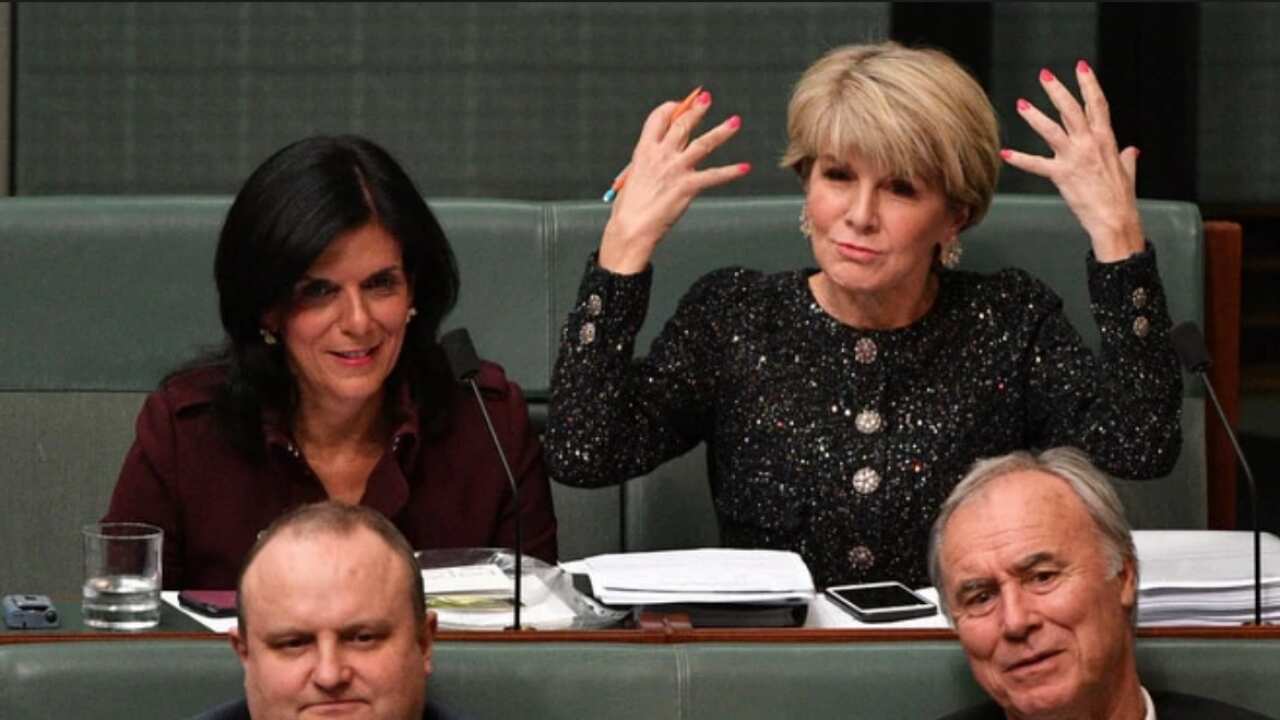Support for women in leadership is high. A majority of Americans say that there should be more female leaders in politics and business; that it would improve the quality of life for everyone; and that men and women are equally qualified to be leaders.
Despite these beliefs, Americans are sceptical that women will get those chances.
The findings of a new poll by Pew Research Center on gender and leadership show that despite the record number of female candidates running in the November midterm elections, Americans are increasingly doubtful that voters are ready to elect women.
They’re less likely than they were four years ago to think voters are ready for female elected officials. Respondents were split, overall, on whether there would ever be equal numbers of men and women at the top levels of politics and business, and women were more pessimistic than men.
Why the growing scepticism?
The increase in voter doubt is at odds with female candidates’ success in the primaries, and the momentum from #MeToo and the women’s marches.
“Hillary Clinton’s failed presidential bid overshadows all that, said Debbie Walsh, director of the Center for American Women and Politics at Rutgers. “I think it confirms what a lot of women have experienced, when they’ve been the most qualified for something and seen it go to a man who is less qualified.”
I think women are probably still stinging from what happened in 2016. Whichever candidate was your candidate, the woman with all of the qualifications lost.
“We’re just feeling beaten down,” she said.
Women were more likely than men to say there were too few women in office or leading companies, and to say it was harder for women to get these positions. Democrats were more likely than Republicans to say so.
Respondents agreed that it was easier for men to get positions of power in business and politics. But they disagreed on what was holding women back.
Is it women’s own doing — they aren’t tough, experienced or interested enough? Or are there bigger, structural issues keeping them down — like gender discrimination, sexual harassment and societal expectations for women to do more than men to prove themselves?
Overall, people were more likely to cite structural issues.
The minority who said women were underrepresented in leadership because of their individual traits were more likely to be Republican, men or both.
For instance, when asked if gender discrimination was a major reason there were fewer women than men in higher office, 68 per cent of Democratic women said yes and 48 per cent of Republican women. Just 14 per cent of Republican men said discrimination was a reason.
Younger women were less satisfied than older women with the number of female leaders, and more likely to see gender discrimination as a major obstacle.
On the midterm campaign trail, many candidates have been open about their role as mothers, taking their children to campaign events and running ads showing them breast-feeding or getting an ultrasound. However, about 80 per cent of respondents said family responsibilities were a reason not as many women as men held elected office or business executive positions.
In politics, respondents said, it was better for female candidates to have children early in their careers. In business, they thought it was more advantageous to have them later, after they had built up work experience. Between one-fifth and one-third of respondents said it would be better for women with leadership ambitions not to have children at all.
Whatever the reasons for the underrepresentation in leadership positions, respondents did not think women were less qualified. If anything, they thought they were more so.
For the most part, they said there was no difference between men and women on key leadership skills. When they did see a difference, they said women had more traits of good leaders than men, like compassion, empathy and the ability to work out compromises. Democrats were especially likely to say female leaders did a better job than men.
The most important leadership trait, respondents said, was being honest and ethical.
Two-thirds said there was no difference between men and women in this respect; 31 per cent said women were better; and 4 per cent said men were better.
Women had some other advantages, respondents said. In politics, they were more likely to be viewed as being good role models, and as maintaining a tone of civility and respect. In business, they were more likely to be viewed as creating safe and respectful workplaces.
Men, meanwhile, were perceived to be better at taking risks.
This article was originally published by the New York Times. It has been republished here under a licensing agreement.
Through award winning storytelling, The Feed continues to break new ground with its compelling mix of current affairs, comedy, profiles and investigations. See Different. Know Better. Laugh Harder. Read more about The Feed
Have a story or comment? Contact Us


